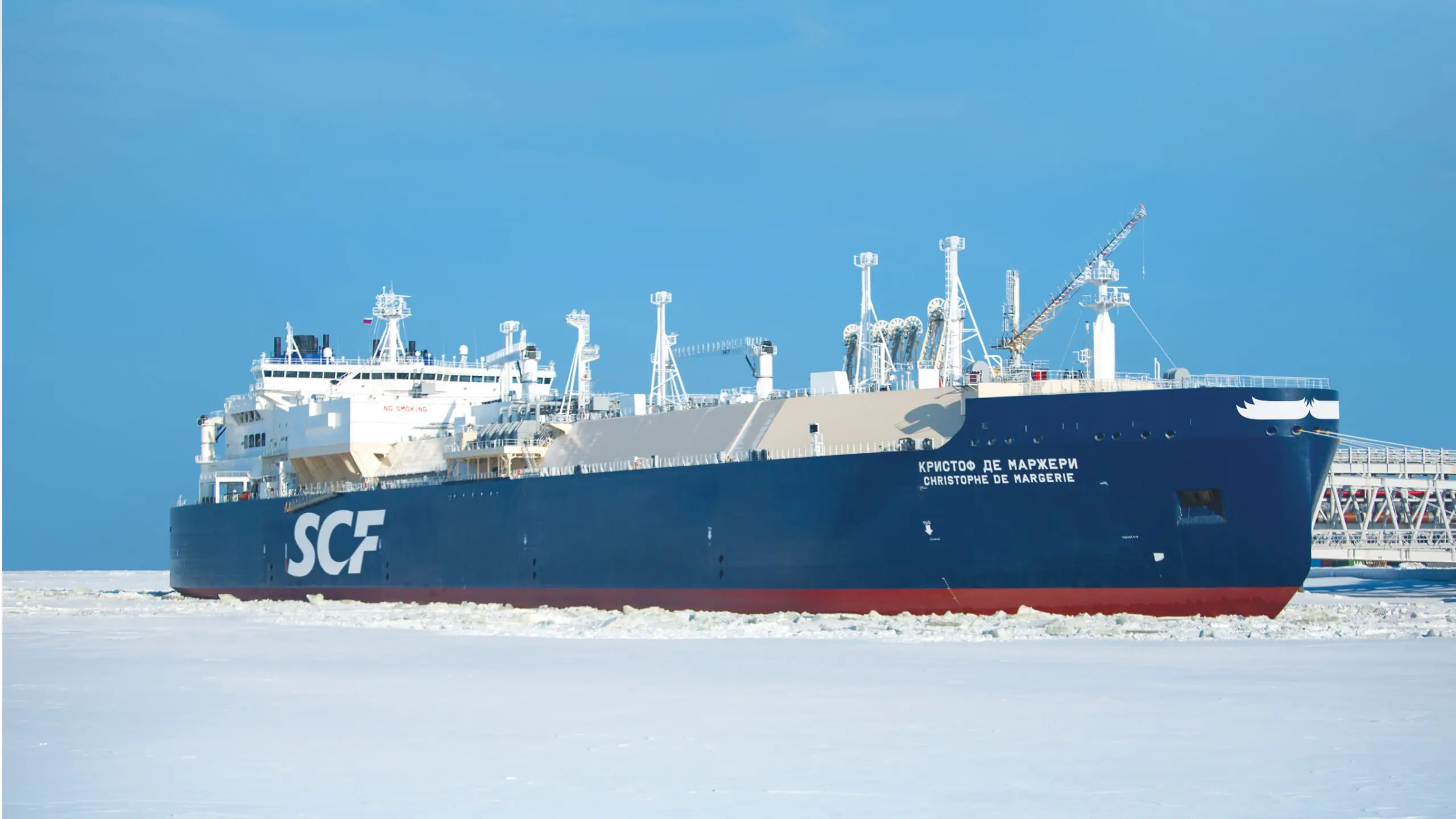Russia’s largest shipping firm Sovcomflot reported lower net profit and revenue in the first half of this year due to an “extremely unfavorable tanker market environment.”
Sovcomflot said its net profit reached $5.6 million in the January-June period, compared to $226.4 million last year. Adjusted net profit dropped by 77.8 percent to $59.2 million.
Time-charter equivalent (TCE) revenue slid by 28.5 percent to $559.9 billion, Sovcomflot said. Also, the 2021 contracted revenue reached at least $1 billion in the first half.
The shipping firm said its industrial business portfolio, comprising of LNG and LPG vessels and harsh environment offshore services such as shuttle tankers and ice-breaking supply vessels, contributed $363.3 million to the TCE revenue.
The business delivered 6.1 percent year-on-year growth due to the addition of three new LNG carriers added in 2020 and 2021, employed under long-term contracts with energy majors Shell and TotalEnergies.
On the other side, the performance of Sovcomflot’s conventional tanker business remained under pressure, as spot tanker rates dropped four times year-on-year, which resulted in a revenue decline to $180.2 million, down 55.9 percent year-on-year, the firm said.
LNG focus
Sovcomflot said it continues to focus on the development of its liquefied gas transportation services.
In addition to a contract for a newbuilding 174,000-cbm Atlanticmax LNG carrier concluded with TotalEnergies in January, Sovcomflot received confirmation in July from the French firm to exercise its option for two more similar LNG carriers.
“Sovcomflot is proving the efficiency of its business model, with more than half of our revenue coming from long-term fixed-rate contracts and managed to generate positive returns, amidst an extremely unfavorable tanker market environment,” Sovcomflot’s CEO Igor Tonkovidov, said.
“We are constantly working to increase our robust contract backlog. With the addition of new time-charter contracts with TotalEnergies, for two new generation Atlanticmax LNG carriers, and new contracts for two LNG-fuelled tankers for the Sakhalin-2 project, our total current contract backlog stays at $24 billion,” he said.

